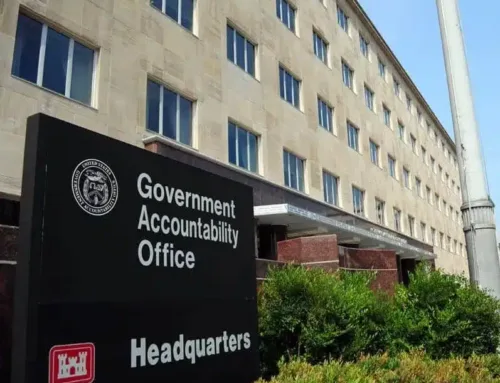West Virginia’s devastating floods are a stark reminder that storms have become increasingly unpredictable, dangerous and deadly. This tragedy has highlighted the need for Congress to finally take action and shore up the nation’s disaster policies.
The National Flood Insurance Program (NFIP), which administers flood insurance to more than 5 million policyholders in 22,000 communities across the country, has rung up $23 billion in debt and is struggling to keep up with new claims.

Congress can start by taking steps to inject more private insurers into the flood insurance market, which will shift risks and costs from taxpayers to the private capital markets. More competition in the flood insurance market would result in better rates and higher coverage limits for West Virginia policyholders, making rebuilding easier the next time a severe storm hits the state.
An expanded market would also encourage more West Virginians to sign up for flood insurance. It is likely that many residents have avoided the NFIP because its one-size-fits-all approach does not give them the coverage they need at a price they are comfortable with. Private insurers will have the ability to better tailor policies to meet the individual needs of residents, finally bringing coverage to those who need it most. Growth of private insurance would shift the cost burden from taxpayers to the private sector.
In addition to bringing in more private insurers to the flood insurance market, Congress should make other reforms that will help cement the NFIP’s long-term success.
One of these changes is to ensure that the most accurate risk-assessment tools, as well as modern technology, are being used to update flood maps. This will give property owners an accurate picture of their susceptibility to flooding and help them take the appropriate measures to prepare for future storms. It will also allow the NFIP and private insurers to offer rates that more accurately reflect the risk a property faces.
It’s also important to ensure the program focuses on incentivizing storm-mitigation efforts. For example, the NFIP should provide financial assistance to lower-income policyholders for more effective preparation prior to future storms.
Moreover, strengthening infrastructure and updating building codes could go a long way towards ensuring communities are better prepared for the next major storm. Taking proactive measures will save lives and prevent costly damage down the road.
Tragically, 23 lives were lost in the overwhelming floods — action must be taken to ensure that this is not repeated the next time torrential rains drown the region.
Residents of West Virginia have been hit hard by flooding, and unfortunately storms will continue to pour down and cause devastation and disastrous losses. Unless Congress acts soon, relief for West Virginians suffering from flood damage may soon dry up.
Steve Ellis is vice president of Taxpayers for Common Sense and a member of the SmarterSafer coalition.











Get Social